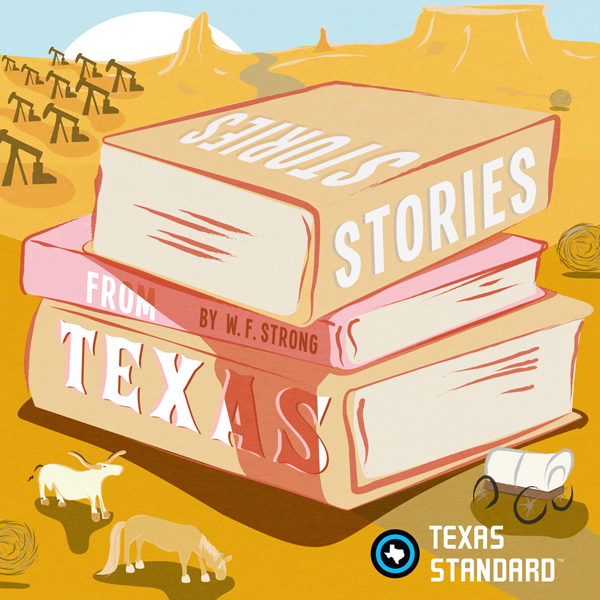Quanah Parker was the most feared of the Comanche chiefs on the Texas frontier. He was half white and half Comanche. He was taller and stronger and faster and more clever than any other chief of his time.
The fact that he never lost a battle to soldiers who relentlessly pursued him …
The fact that he was a ghost on the high plains and disappeared into thin air, even as he was chased in the bright Panhandle sun …
The fact that he was devastatingly handsome and could have graced the cover of one of those steamy Western romance novels …
The fact that he was the last Comanche chief to decide on his own, without being defeated militarily, to move to the reservation…
… is not the point of this commentary.
This is a love story, but not a love story for Valentine’s Day. This is a love story more appropriate for Mother’s Day.
Quanah’s mother, Cynthia Ann Parker, was abducted by Comanche raiders on the Texas frontier when she was 9. She was raised as a Comanche and married Chief Nocona. She had three children, the oldest of whom was Quanah. Cynthia Ann was eventually “discovered” by white men who traded with the Comanches. Her family, having searched for her for years, quickly organized a ransom offer. The Comanches would not sell her. No matter how much they WERE offered, tribal elders would not sell her. This was because Cynthia Ann did not want to go. Though born white, she was now culturally Comanche, the wife of a chief, with three children she loved.
Many years later, her camp along a tributary of the Pease River was attacked by Texas Rangers. Her husband was killed but her boys escaped. Cynthia Ann was finally freed from captivity, but she saw it as being abducted again. She was now 34. While being escorted to Tarrant County after the battle, she was photographed in Fort Worth with her daughter, Prairie Flower, at her chest and her hair cut short – a Comanche sign of mourning.
She never readjusted to white culture and tried many times to escape and return to her tribe. She begged to go back to her people. As S.C. Gwynne reported in his masterpiece, “Empire of the Summer Moon,” Cynthia Ann knew Spanish better than English. She told a translator: “Mi corazón llorando todo el tiempo por mi dos hijos.” “My heart cries all the time for my two boys” – Quanah and Pecos. But they wouldn’t give her her wish. Her relatives believed she would readjust in time. In truth, she was being held captive a second time.
She never gave up her Comanche ways. She often sat outside with a small fire and worshiped the Great Spirit according to the customs she knew. Sadly, Prairie Flower died of the flu a few years after they were returned to white society. And Cynthia herself died SEVEN years after that, relatively young, essentially of a broken heart.
Gwynne eulogized her this way: “She was a white woman by birth, yes, but also a relic of the Comancheria, the fading empire of high grass and fat summer moons and buffalo herds that blackened the horizon. She had seen all of that death and glory. She had been a chief’s wife. She had lived free on the high infinite plains as her adopted race had in the very last place in the North American Continent where anyone would ever live or run free. She had died in the deep pine woods where there was no horizon…”
Quanah lost his mother when he was just 12 and longed for her all his life. When he surrendered to life on the reservation he searched for her and was sad to learn that she had died and was buried far away in Texas. All he had of her was a photograph someone gave him, which he kept over his bed always.
He jumped through elaborate legal hoops for many years to get her body moved and buried on Comanche soil. When he was successful, he felt his mother was finally home. When Quanah died, he was buried next to her. He believed that though separated for so long in life, they would certainly be together forever with the Great Spirit in the Sky.





